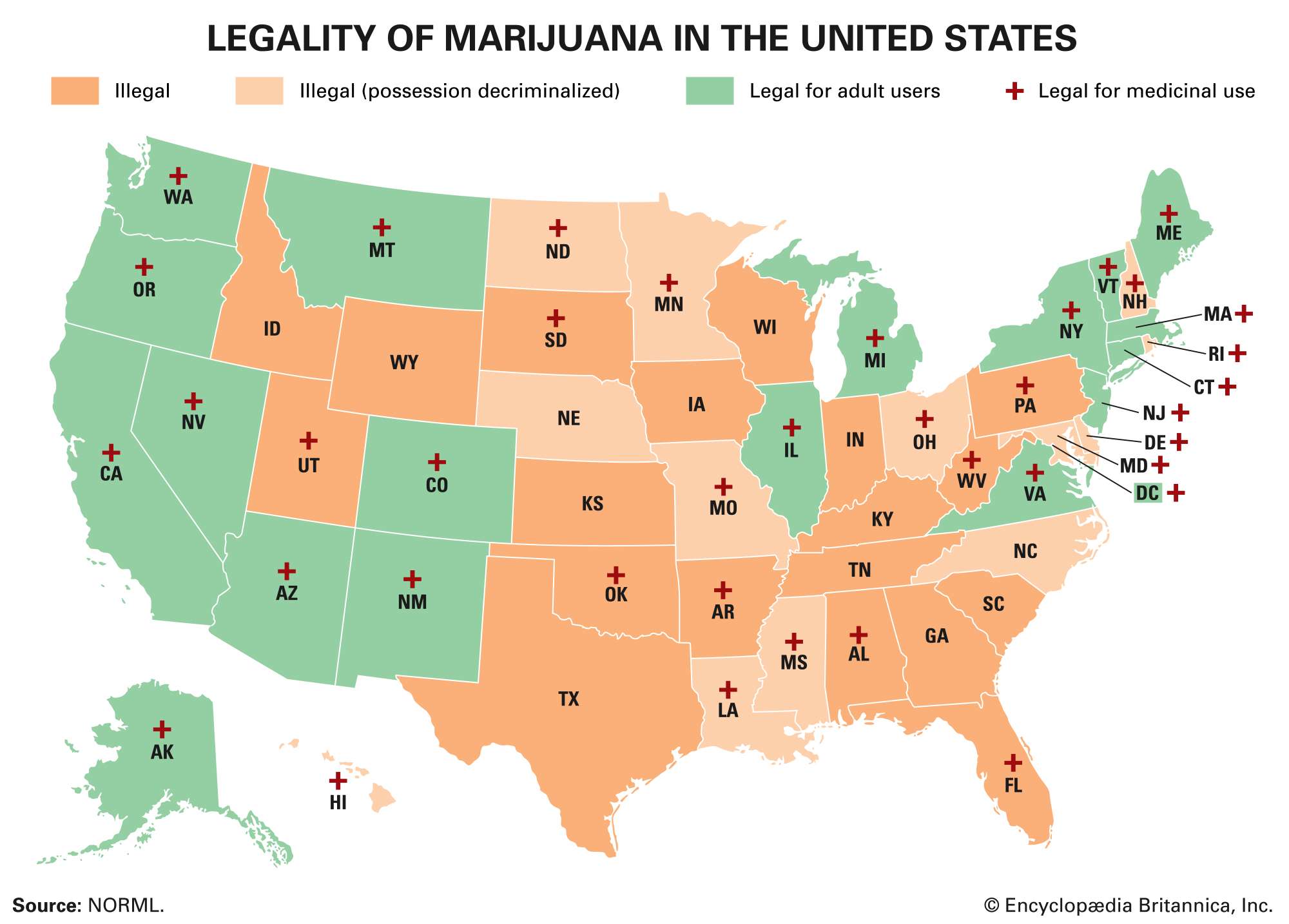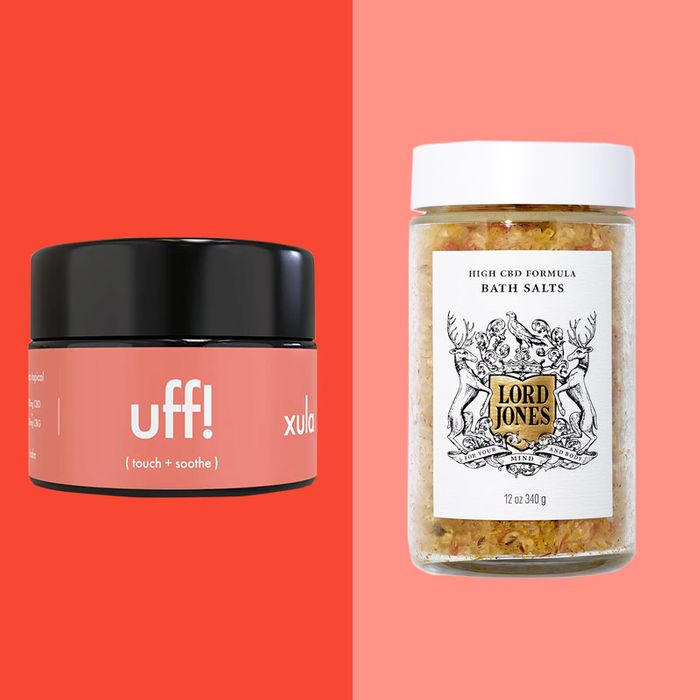
Oral cbd products can be purchased in capsules or liquid drops. However, oral cbd isn't recommended for people with digestive disorders or those who have undergone metabolic procedures like gastric surgery. These conditions can make it difficult for CBD to be absorbed into the intestines. The result is that CBD's effects aren’t as strong.
It is crucial to choose the best oral CBD product in order to maximize your experience with this form of cannabinoid. The convenience of oral CBD sprays is making them more popular.
Numerous studies have shown that topical sprays can be used to relieve pain and inflammation as well as reduce nausea in patients undergoing chemotherapy. It is important to note that these sprays could contain other ingredients. You should read the label and carefully follow the instructions.

It is possible for a spray to contain menthol capsaicin, camphor, and camphor. These ingredients could increase pain and make it more vulnerable to allergic reactions. You should stick to a topical cream that only contains the active compounds, and not any other ingredients that may cause side effects.
Use a topical spray on the affected area. Leave it there for at least 15 min. You can also try a nasal spray, which is sprayed directly into your nostril and held for a few seconds. This spray works faster, but can cause discomfort or inefficiency if not properly applied.
Oral cbd oil is a liquid you can swallow by placing it under your tongue. It is an effective way to get a high-quality supplement. This type is more bioavailable than the other types of cbd supplements, because it can be absorbed quicker into your bloodstream.
The aroma of hemp oil can be used to relieve symptoms of allergies. Oral cbd Oil also has anti-inflammatory and can be used to reduce pain and swelling.

CBD is not an alternative to treatment for arthritis. But it can help relieve pain and reduce inflammation. It is important that you consult a doctor before trying CBD. They can help you determine the right dosage and track your progress.
CBD is more dangerous for older adults because of the increased risk of drug interactions. This is because CBD inhibits the liver enzymes that are responsible for metabolizing many medications. The body may experience higher levels of certain prescription drugs such as benzodiazepine, immuno-suppressants and opioid painkillers.
It is crucial to speak with your doctor before you start taking CBD. Also, keep a log of your symptoms and dosages to monitor your progress. It is also important to continue taking any prescribed medication, such as antibiotics and sedatives.
FAQ
Does CBD help with anxiety?
CBD oil can be used to treat anxiety. It interacts with CB1 receptors and CB2 receptors in your brain. The endocannabinoid systems regulates mood and stress response.
CB1 receptors are activated by chemicals released when we feel anxious. This receptor triggers the amygdala to activate, which is responsible in emotional processing.
When the CB1 receptor gets blocked, the amygdala can't process emotions. CBD users report less negative feelings.
In 2017, a study showed that CBD can reduce anxiety in people with social phobia. Another study showed that CBD reduces symptoms of PTSD.
A 2018 study concluded that CBD can be used to treat anxiety disorders and anxiolytic effects.
Another review suggested that CBD might also reduce panic attacks.
However, numerous studies have shown CBD to increase anxiety levels in mice.
The researchers believe that this discrepancy between human data and animal results may be due to differences in how humans and animals respond to CBD.
There are no long-term safety studies available for CBD. Most experts agree that CBD can be safely used when it is directed.
How can CBD products sold in a legally compliant manner by companies?
The FDA does no regulate hemp as a crop commodity. The FDA regulates cannabis derivatives (e.g. marijuana) under the Controlled Substances Act. CBD is not covered by any regulations.
CBD is legal at state level in 29 US states. Federal law considers it illegal. This uncertainty is a problem for CBD-product sellers.
The FDA also maintains strict guidelines on how CBD products may be marketed. The FDA requires that all CBD products clearly disclose their THC content. Companies cannot claim that CBD helps treat certain medical conditions without scientific evidence to support this assertion.
In addition, the FDA requires manufacturers to submit detailed information regarding manufacturing practices and quality control measures. They also require companies to conduct clinical trials to prove safety and efficacy.
These factors should be considered by companies when they develop their marketing strategies.
What is the future of the CBD industry?
The future is bright for the CBD industry. It's easy to see why so many people are jumping on board with this sector. With over $1 billion spent globally by consumers on CBD products alone, it's not hard to see how this market is growing exponentially.
Statista predicts that global sales of cannabidiol in 2019 will reach $22.4 million. That's an increase of almost 200% from 2018!
The CBD market is also forecast to grow at 22.5% compound annual growth rate, which would result in nearly $6.8B in revenue by 2022.
This is great news both for those looking to enter the market as well as existing companies. But, it is important to remember that the CBD industry is still in its infancy. There will be many challenges.
Can CBD be a part of the future?
The answer is yes. It's not because it has medical benefits, but rather because it can help people feel better and not get high.
It's a good alternative to prescription drug because you won't feel any different from when you take it.
There is ample evidence to support the claims that cannabis can relieve pain, anxiety, depression, insomnia, among other conditions.
Cannabinoids are also found in cannabis, which interact with brain receptors. This interaction creates feelings of relaxation and well being.
So if you're interested in using cannabidiol (CBD) oil for health reasons, then it's important to understand what exactly it does and how it affects us.
Statistics
- As a substance that was federally illegal before the passage of the 2018 Farm Bill, hemp-derived cannabinoids with no more than 0.3% THC still face a regulatory grey area. (forbes.com)
- CBD seems unlikely to directly influence sleep in healthy humans [115] (and maybe “sleep-promoting” in those with certain comorbid conditions) (ncbi.nlm.nih.gov)
- A recent systematic review of human trials also reported that individuals with epilepsy receiving CBD (5–20 mg·kg−1·day−1) were more likely to experience decreased appetite than those receiving placebo (i.e., ~20 vs. 5% of patients) (ncbi.nlm.nih.gov)
- however, one study also found that these effects were virtually abolished when the original media (a nutrient broth agar) was replaced with one containing 5% blood (increasing the minimum concentration to ~160 μM CBD) [179]. (ncbi.nlm.nih.gov)
- The inhibition of FAAH is predicted to lead to an increase in brain and plasma concentrations of AEA, which acts as a partial agonist at CB1R and CB2R, thereby increasing endocannabinoid tone [92, 110]. (ncbi.nlm.nih.gov)
External Links
How To
How to Get Certified for Selling CBD Products
CBD (cannabidiol), one of the many cannabinoids found inside cannabis plants, is one. It has been used medicinally since ancient times, including in traditional China, India, and many South American nations. Due to its ability treat conditions like anxiety and pain, epilepsy, inflammation, and other ailments, it has become increasingly popular. There is no formal certification program for CBD products. At least, not in the U.S. Anyone who wants to sell CBD products will have to use the "unofficial", self-certification process.
You have two options. First, join a local canna-business owner association. This allows you to network with other owners and get advice and support. There are many associations in the country. Second, you can go online. The majority of states allow cannabusinesses to be online. If so, then you can set up your own website and begin taking orders right away. You must register with the Department of Public Health in your state. After you have registered, you can apply for a license from your state's Department of Public Health. Once you have received your license you are officially authorized to open your store, accept orders, and close it.